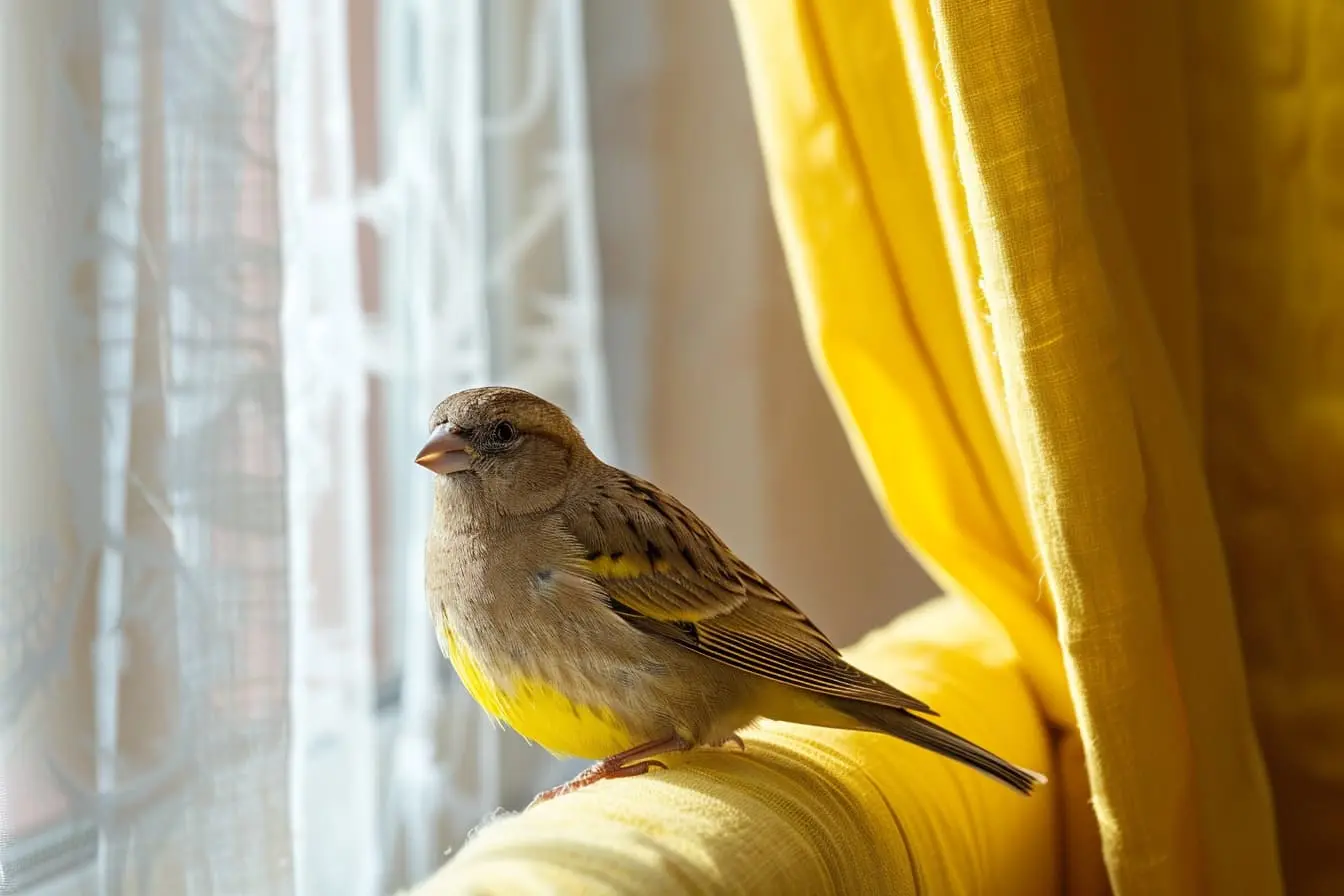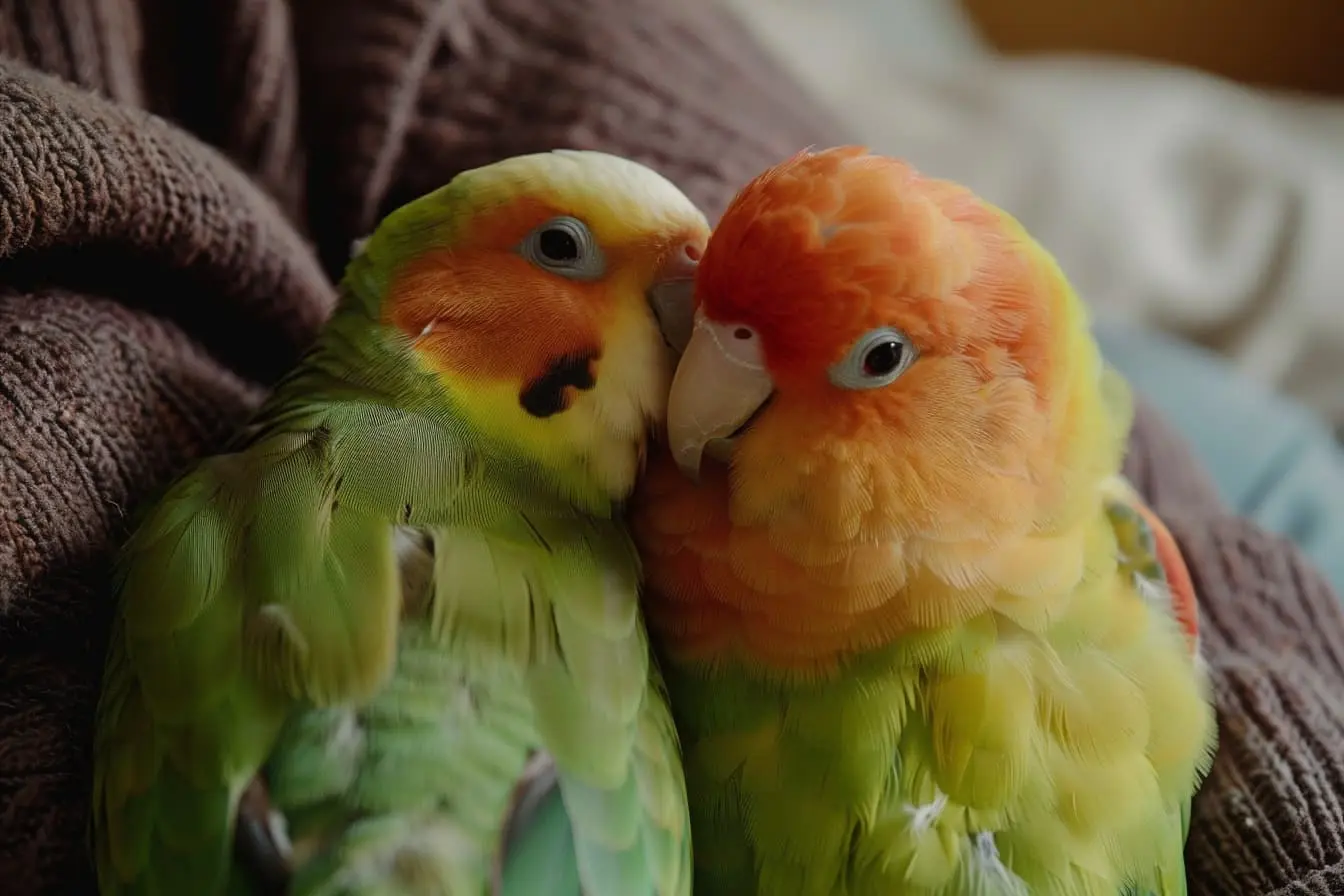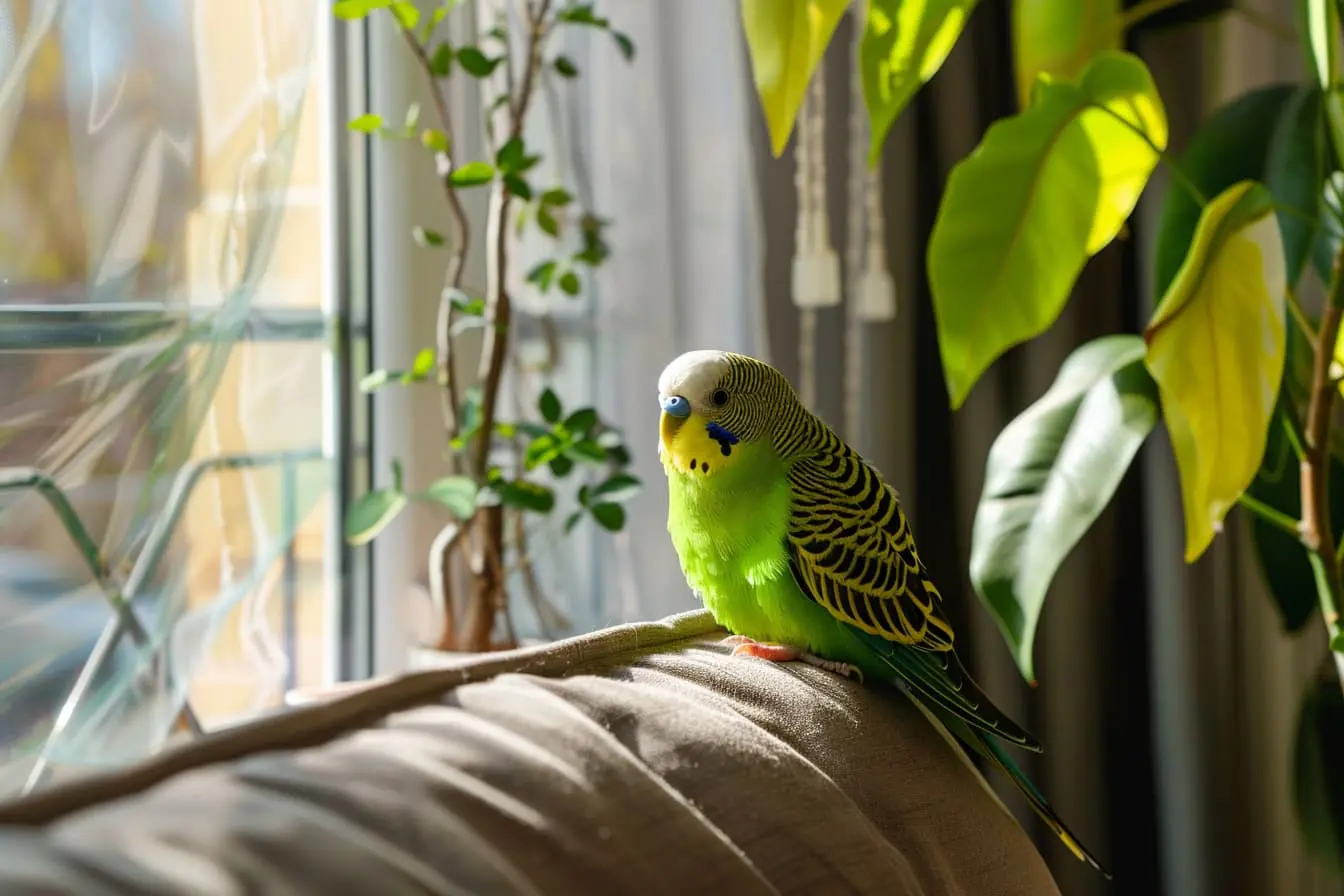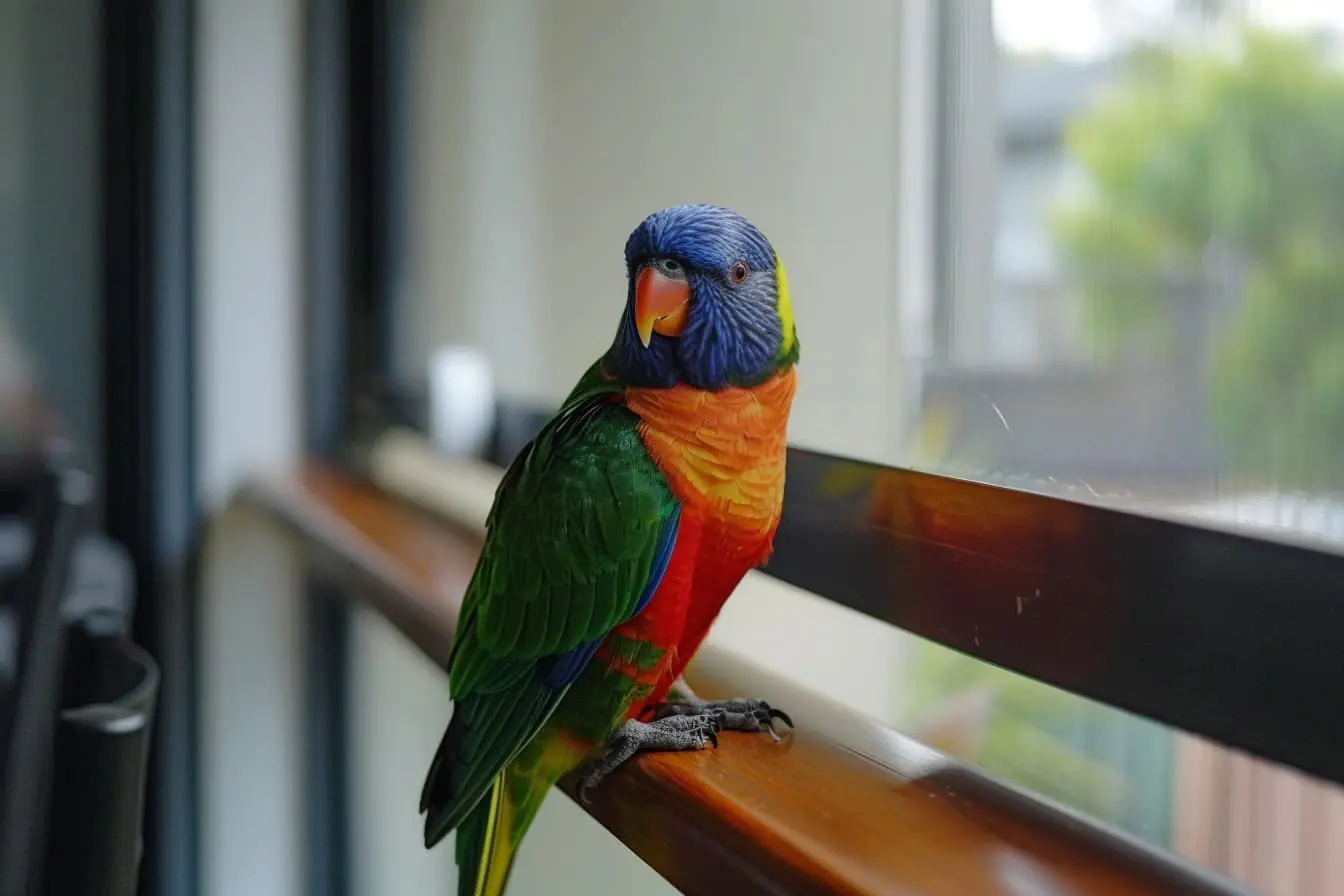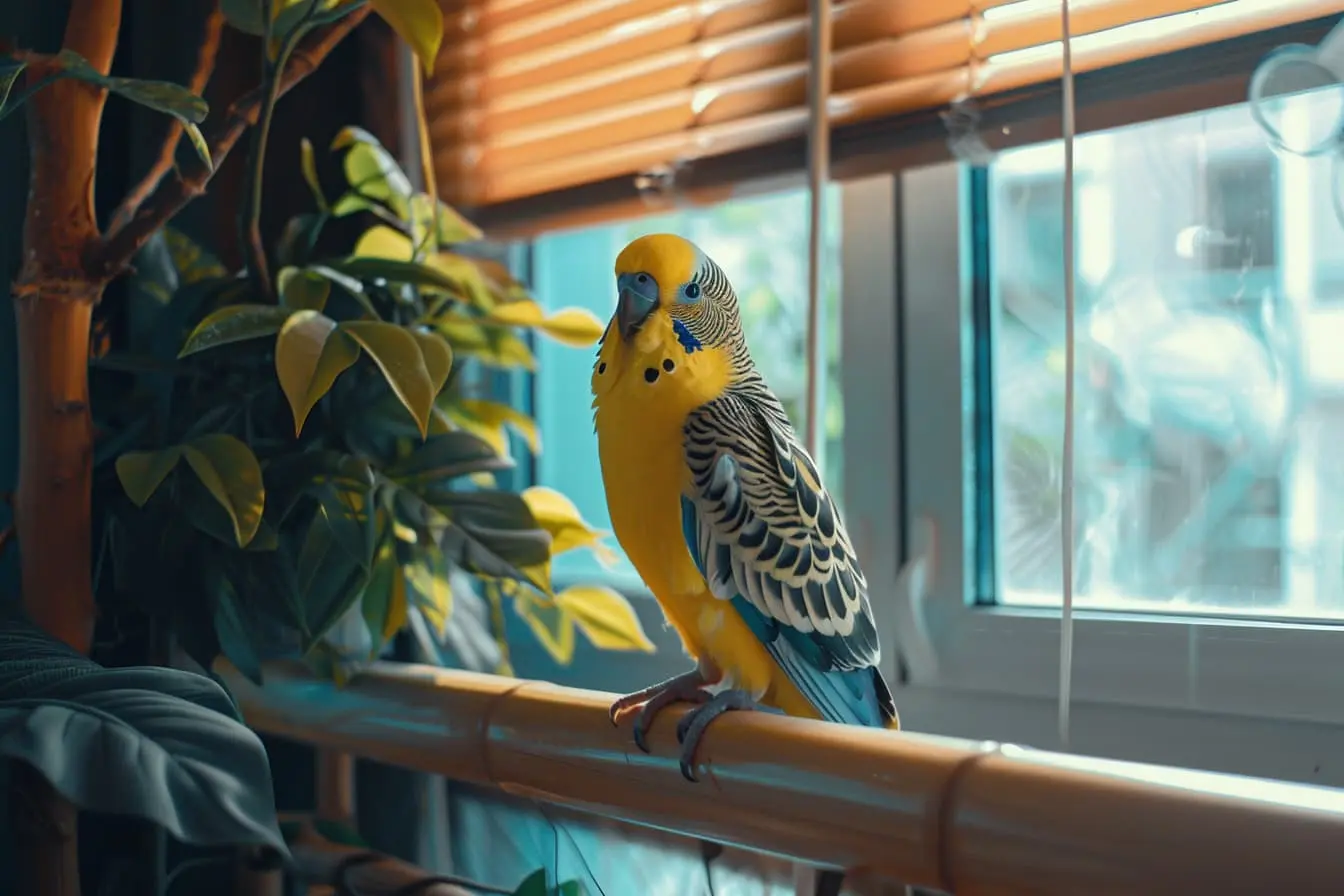
The Ultimate Guide to Owning a Budgie
Budgerigars, commonly known as budgies, are one of the most popular pet birds in the UK. Their charming personalities, vibrant colors, and ability to mimic human speech make them delightful companions. If you're considering bringing a budgie into your home, it's important to understand their care requirements to ensure a happy and healthy life for your new feathered friend.
Choosing Your Budgie
Where to Buy
- Breeders: Purchasing a budgie from a reputable breeder ensures that the bird has been well-cared for and is healthy.
- Pet Stores: Ensure the store maintains high standards of cleanliness and bird health.
- Rescue Centres: Adopting a budgie can be a rewarding option, giving a bird a second chance at a loving home.
What to Look For
- Activity Level: Choose a bird that is active and alert.
- Feathers: Look for clean, bright, and well-groomed feathers.
- Behaviour: A friendly and curious budgie is a good sign.
Setting Up Your Budgie’s Home
Cage Requirements
- Size: The cage should be large enough for the budgie to fly and exercise. A good rule of thumb is at least 18 x 18 x 24 inches.
- Placement: Keep the cage in a well-lit area away from direct sunlight and drafts. It should be in a place where the family spends a lot of time to promote social interaction.
Essentials
- Perches: Provide a variety of perch sizes to exercise their feet.
- Toys: Budgies need mental stimulation, so provide safe toys to keep them entertained.
- Food and Water Dishes: Have more than one of each to ensure your budgie is well-fed and hydrated.
Nutrition
Daily Diet
- Pellets: These should make up about 70-80% of your budgie’s diet as they are nutritionally balanced.
- Seeds: Seeds can be a part of the diet but should not be the main component due to their high fat content.
- Fresh Foods: Daily offerings of fresh fruits and vegetables can help provide a variety of nutrients.
Foods to Avoid
- Avocado, chocolate, and caffeine are toxic to birds.
- Limit high-fat seeds like sunflower and avoid giving too much fruit, which can be high in sugar.
Health and Maintenance
Regular Vet Visits
- Find an avian veterinarian for regular check-ups and emergencies.
- Annual health checks are recommended to monitor your budgie’s health.
Signs of Illness
- Lethargy, ruffled feathers, changes in eating or bathroom habits, or discharge from the eyes or nose could indicate illness.
Daily Care
- Cleaning: Clean the cage weekly and change the water and food dishes daily.
- Bathing: Offer a shallow dish of water or mist your budgie regularly to help maintain feather health.
Social Interaction and Training
Taming and Training
- Budgies are intelligent and can learn a variety of tricks and commands. Patience and regular short training sessions can yield impressive results.
- Socialise your budgie by talking to it and allowing it out of the cage in a safe, enclosed area.
Handling
- Handle your budgie gently to build trust. Begin by letting them get used to your presence, then progress to hand-feeding and other direct contact.
Conclusion
A budgie can be a joyful addition to your home if you're prepared to provide the care they need. By understanding and meeting your budgie's requirements for a healthy diet, a stimulating environment, and regular social interaction, you can ensure your new pet lives a happy and fulfilling life. Enjoy the unique bond that comes with owning one of these beautiful and lively birds!
Vets near you
Speciality vets
- Aquatics vet specialists
- Birds vet specialists
- Camelids vet specialists
- Cats vet specialists
- Cattle vet specialists
- Deer vet specialists
- Dogs vet specialists
- Equines vet specialists
- Exotic vet specialists
- Goats vet specialists
- Pigs vet specialists
- Poultry vet specialists
- Sheep vet specialists
- Small Mammals vet specialists
- Wild vet specialists
Vet facilities
- Accessible by public transport
- Blood testing
- Car park nearby
- Client car park
- Dentistry
- Diagnostic imaging
- Disabled public access
- Flea and worm treatments
- Microchipping
- Mobile services
- Neutering
- Open at weekends
- Out-of-hours service
- Referral interests
- Referrals only
- Street parking outside
- Toilets available
- Vaccination clinic
